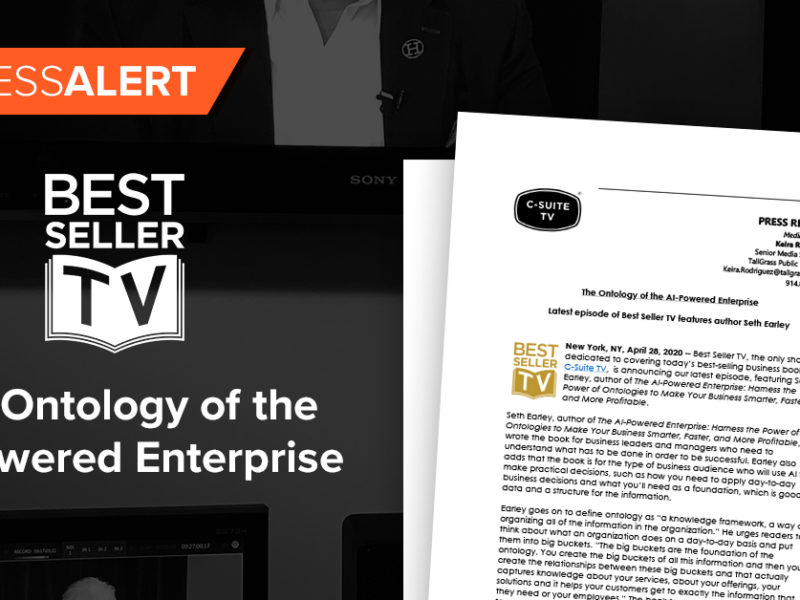
Five wireless power myth busters, by Hatem Zeine, founder and CTO Ossia
Five wireless power myth busters, by Hatem Zeine, founder and CTO Ossia https://csuiteold.c-suitenetwork.com/wp-content/uploads/2017/07/five-wireless-power-myth-busters-by-hatem-zeine-founder-and-cto-ossia-1-1024x683.png 1024 683 C-Suite Network https://csuiteold.c-suitenetwork.com/wp-content/uploads/2017/07/five-wireless-power-myth-busters-by-hatem-zeine-founder-and-cto-ossia-1-1024x683.pngThe top common wireless power myths, including how far away true wireless power actually is

As the race for wireless power innovation picks up speed, so do rumors about the technology. Once true wireless power is implemented across the board, what will happen? From talk of wireless power causing cancer, to people thinking it will ruin the environment, the myths abound. Below are five of what I see as the most common wireless power myths, including the biggest one of all, how far away true wireless power actually is.
Myth #1: Wireless power isn’t safe
Wireless power, when done right, is perfectly safe to transmit around people, pets, and plants. Based on physics, with safety inherently built right in, any organic object blocking the beacon can be naturally avoided. The power is delivered via paths without organisms in the way. Think of how WiFi or Bluetooth functions — the signals reflect off walls, ceilings, and floors to find multiple paths between the transmitter and receiver. It’s not only the most efficient way to send signals between a device and a power source, it’s also the safest.
Myth #2: Wireless power will ruin the environment
Not only is wireless power safe to transmit around all living things, it’s also better for the environment than many of our current energy options. Wireless power, once widely implemented, has the potential to eliminate billions of batteries and charging cords clogging up landfills. Deposable batteries contain toxic materials such as lithium, mercury, acid, lead, nickel, cadmium, and graphite. Mining these materials is harmful to communities, and safely disposing of them remains a societal challenge. Once battery power lasts much longer due to wireless power, it…






